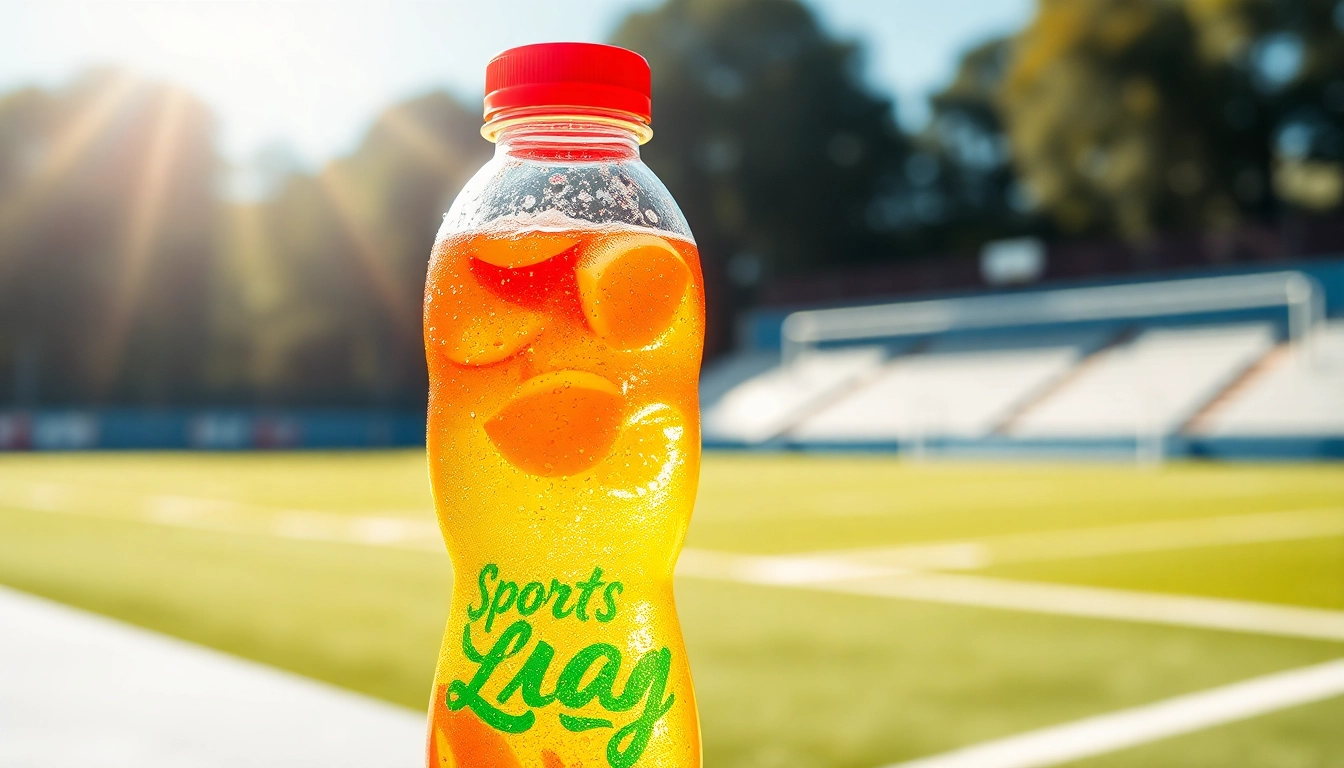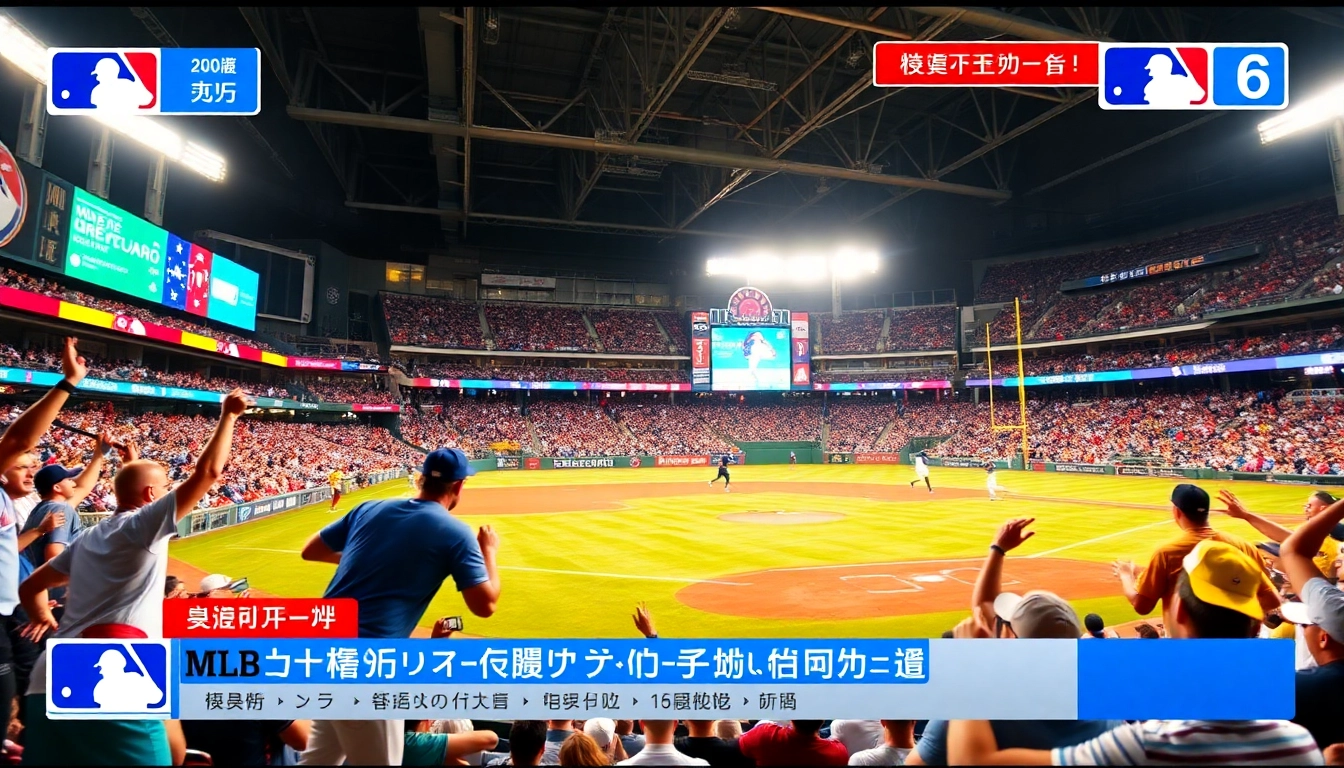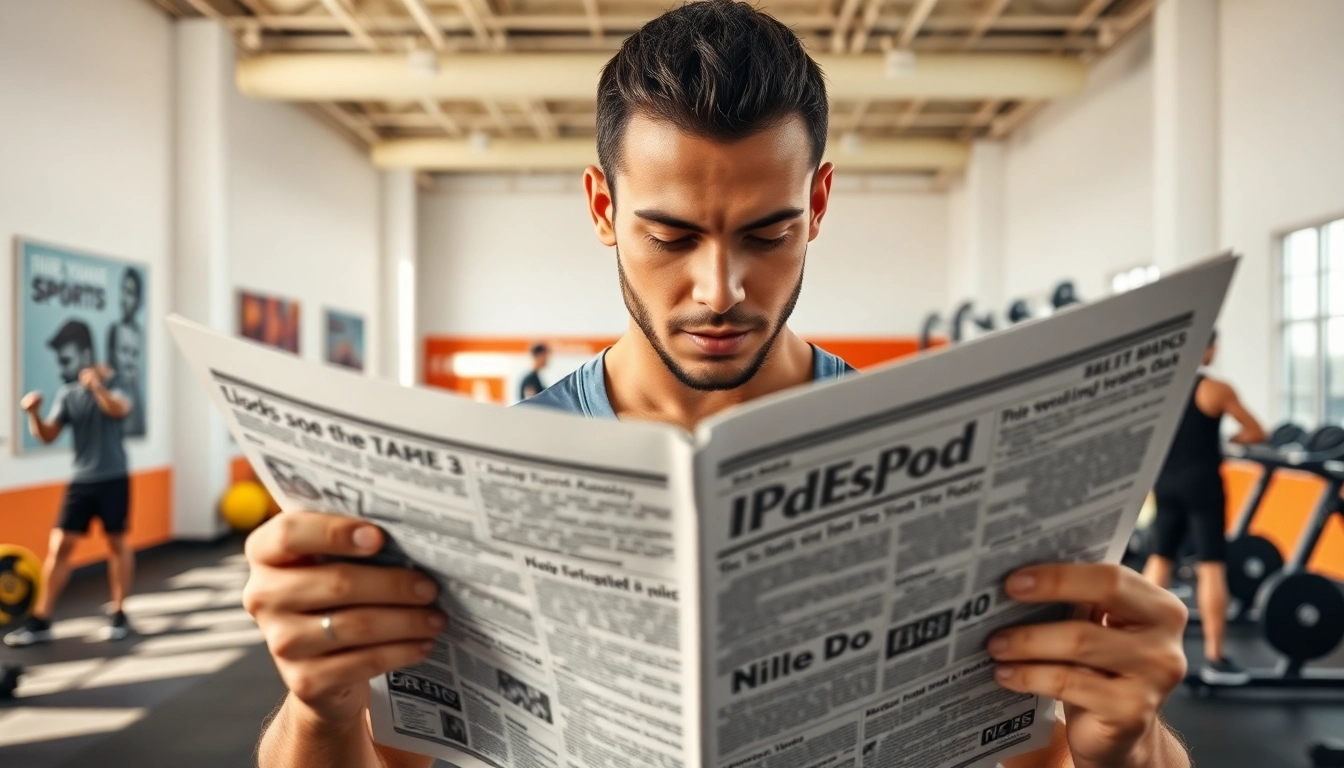Understanding Sports Drinks and Their Benefits
In today’s active lifestyle, sports drinks have become a staple for athletes and fitness enthusiasts alike. These functional beverages serve a primary purpose: to hydrate the body and replenish lost fluids and nutrients during exercise. Whether you’re engaging in a high-intensity workout or simply enjoying moderate physical activity, understanding the nuances of sportsdrink options available can help optimize your hydration strategy and improve performance.
What is a Sportsdrink?
Sports drinks are water-based beverages that contain electrolytes, carbohydrates, and various vitamins and minerals. Designed to help replenish the body’s fluids, these drinks aim to replace electrolytes lost through sweat, maintain hydration levels, and boost energy output during physical activities. The concept behind sports drinks is rooted in sports science, which emphasizes the importance of hydration for athletic performance and recovery.
Key Ingredients to Look For
When choosing a sports drink, it’s essential to consider key ingredients that can significantly affect hydration and recovery:
- Electrolytes: Sodium, potassium, magnesium, and calcium are the primary electrolytes lost through sweat. They help regulate body fluids and muscle contractions.
- Carbohydrates: Simple sugars like glucose and fructose provide a quick source of energy. Many sports drinks contain 6-8% carbohydrates, striking a balance between hydration and energy replenishment.
- Vitamins and Minerals: Some drinks enrich their formulas with vitamins such as B vitamins and antioxidants, which can help combat oxidative stress during intense exercise.
Health Benefits of Sports Drinks
Sports drinks offer several health benefits, particularly for those engaged in prolonged or intense physical activity:
- Enhanced Hydration: By providing electrolytes along with fluids, sports drinks ensure that the body is hydrated effectively, reducing the risk of cramping and heat-related illnesses.
- Improved Performance: Studies indicate that consuming sports drinks during exercise can help maintain performance levels, particularly in endurance sports like long-distance running or cycling.
- Faster Recovery: Post-workout consumption of sports drinks can aid in muscle recovery by replenishing glycogen stores and electrolytes, speeding up the recovery process.
Types of Sports Drinks Available
Electrolyte Replenishing Sports Drinks
Electrolyte replenishing sports drinks are specifically formulated to restore lost electrolytes. These drinks are particularly beneficial for endurance athletes, such as marathon runners and triathletes, who lose significant amounts of electrolytes through sweat. Look for drinks that have a balanced ratio of sodium and potassium, as these two electrolytes play critical roles in fluid balance and muscle function.
Energy-Boosting Sports Drinks
Energy-boosting sports drinks are designed to provide a quick energy source during exercise. They often contain higher carbohydrate levels, making them suitable for athletes engaging in prolonged or high-intensity activities. Ingredients such as maltodextrin and other sugar sources allow for rapid absorption, giving athletes the fuel they need to perform optimally.
Low-Calorie and Natural Options
As health-conscious consumers seek alternatives to traditional sugary sports drinks, low-calorie and natural options have gained popularity. These beverages often use natural sweeteners or are flavored with real fruit, providing hydration without excessive calories or artificial ingredients. They are ideal for casual athletes or those looking for a lighter option to maintain hydration levels without additional sugar intake.
When to Use Sports Drinks
Hydration Needs During Exercise
Recognizing when to use sports drinks is vital for maximizing their benefits. During exercise, particularly exercises lasting over an hour or those performed at high intensity, hydration is crucial. Sports drinks can be beneficial when:
- The activity extends beyond 60 minutes.
- Temperatures are high, leading to increased sweat loss.
- You are engaging in intermittent sports like soccer or basketball, where quick bursts of effort require rapid energy replenishment.
Post-Workout Recovery
After a workout, consuming a sports drink can be beneficial for recovery. It helps to:
- Replenish glycogen stores that muscle cells use for energy.
- Rehydrate the body by restoring lost fluids and minerals.
- Reduce muscle soreness and enhance recovery speed through the addition of electrolytes and carbohydrates.
Everyday Usage for Active Lifestyles
Even for individuals engaged in regular exercise rather than high-intensity workouts, sports drinks can fit into an active lifestyle. They may provide a beneficial hydration solution in moderate physical activity, especially for those engaging in activities such as hiking or playing in recreational sports leagues. However, moderation is key to avoid excessive calorie consumption.
Comparing Leading Sportsdrink Brands
Gatorade and Its Variants
Gatorade, a pioneering name in the sports drink industry, is renowned for its wide range of flavors and formulations. The brand offers variants tailored for different activities, hydration needs, and calorie requirements. They are scientifically formulated to ensure optimal hydration and performance, making them a popular choice among athletes. However, it’s vital to scrutinize their labels for sugar content and artificial ingredients, as not all variants are created equal.
BODYARMOR and Natural Formulations
BODYARMOR has distinguished itself in the market with its emphasis on natural ingredients. They claim no added sugar, artificial flavors, or dyes, appealing to health-conscious consumers. BODYARMOR boasts an extensive lineup of fruity flavors infused with coconut water for hydration and electrolytes for replenishment. This brand is gaining traction among athletes who prioritize clean and natural ingredients in their nutrition.
Evaluating Health Claims from Brands
Brands often make compelling health claims to attract consumers. It’s essential to approach these claims critically. Evaluate the scientific basis for the benefits they provide, scrutinize their ingredient lists, and consider third-party certifications if available. This due diligence helps to uncover the truth behind marketing narratives and ensures you choose a sports drink that truly meets your needs.
Making an Informed Decision
Reading Labels Effectively
To choose the right sports drink effectively, one must learn to read labels accurately. Here are key elements to assess:
- Ingredients List: Prioritize drinks with minimal ingredients, focusing on natural sources.
- Nutritional Information: Examine the carbohydrate and sugar content per serving to ensure it fits your dietary needs.
- Electrolyte Composition: Check for adequate amounts of sodium and potassium, especially if using the drink for recovery after intense exercise.
Cost vs. Quality in Sports Drinks
While sports drinks can range widely in price, higher costs do not always equate to better quality. Compare products based on their ingredients, nutritional profiles, and brand reputation. Bulk purchasing or considering generic brands with similar efficacies can also provide substantial savings without compromising quality.
Personalizing Your Sportsdrink Choice
Since individual hydration needs vary based on workout intensity, duration, and personal physiology, it’s vital to personalize your sports drink choices. Factors to consider include:
- Activity Level: Higher intensity workouts may necessitate drinks with more sugar and carbohydrates.
- Dietary Restrictions: Consider any allergies or preferences, such as vegan or gluten-free options.
- Flavor Preferences: The enjoyment factor can significantly improve adherence to your hydration strategy.



